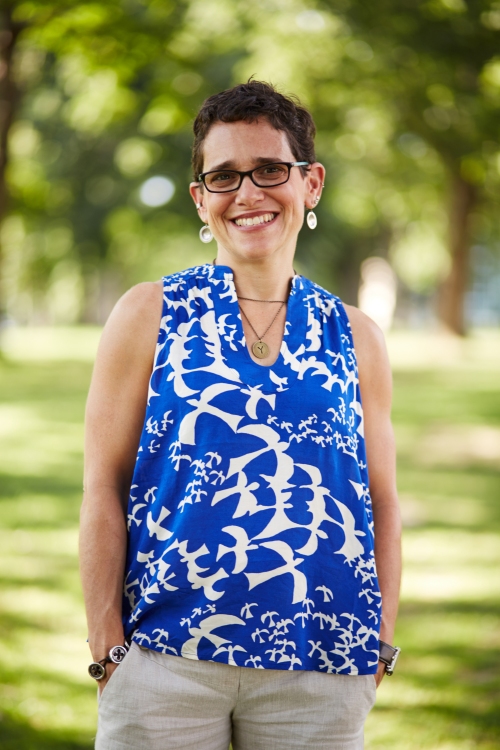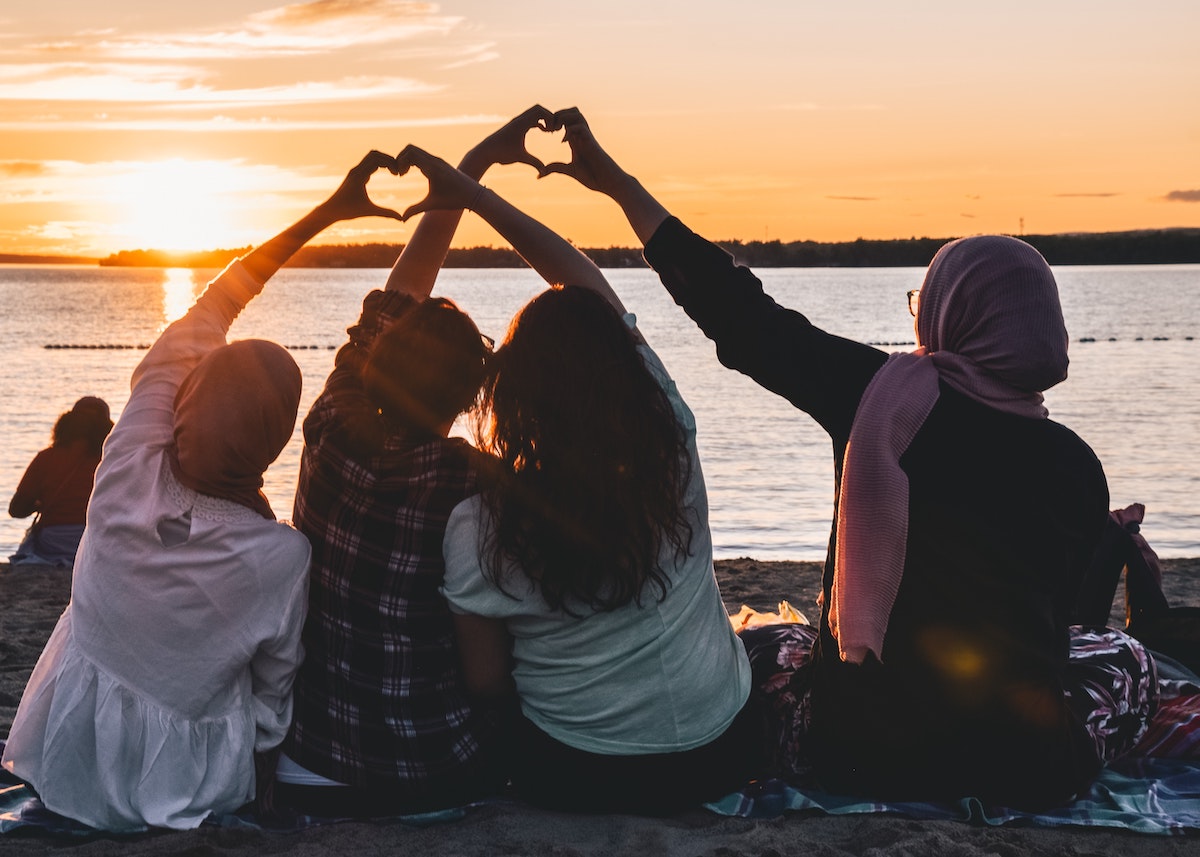Back in early March, when the lockdown was just starting (at least where I live), my kid sent me a screenshot of an Instagram post. “For those of us that are trauma survivors, this moment is particularly triggering,” it read. “Our hypervigilance, fight or flight response, and hyper attunement to others, is in full drive.” (See Andrea Glik LMSW, @somaticwitch)
I read and reread this post. I appreciated that my kid sent it to me. And I forwarded to friends, family, and clients. (I am an executive coach and leadership consultant.) It made such sense. It rang so true. It provided me with even more insight into my reactions (and the reactions of others) and with even more compassion for myself (and others).
But it wasn’t until recently that I realized it was – in some ways, at some times – also potentially a good thing.
I’m in no way saying that being a trauma survivor is great or that I wish it on anyone. I do not like being in hypervigilance or hyper attunement. But surviving – and not just surviving but learning to thrive – my trauma equipped me with resilience that is kicking in now and tools that can continue to save, heal, soothe, and support me.
I have a childhood of “complex trauma.” The way I describe my childhood is this – “The best seats I ever had at Madison Square Garden were at my mother’s wedding, and the best cocaine I ever had was from my father’s friend, the judge.” I was raised in a religious cult with my mom (the Unification Church, the “Moonies”) and a life a “sex, drugs, and squalor” in New York City’s East Village in the 1970s with my dad. (My memoir, to the moon and back: a childhood under the influence, was published in 2018.)
Long story short, I left the Church in my late teens/early twenties and proceeded on a self-destructive path to, in retrospect, punish myself for deserting the “Messiah” and breaking God’s heart. I worked my way through near attempted suicide, anorexia, “mild” cocaine addiction, and “not good” relationships. By the age of twenty-four I was engaged to someone who drank a hell of a lot (and who was quite mean when he drank) and crawled into Al-Anon.
“Tell me if he’s an alcoholic,” I cried. “There is no way I’d ever be with an alcoholic.”
There were, of course, many reasons why I would be with an alcoholic, but the amazing thing is that I am, to this day, extremely grateful that I was. I had always known that my childhood was weird, but I was so over-functional that I never realized how damaged I felt and self-loathing I was. Crawling into Al-Anon opened my eyes.
It also started me on a decades-long journey of healing, and it’s that journey that has strengthened my resilience and armed me with tools for not just survival, but for “thrival.” As much as I shared that Instagram post with anyone and everyone whom I knew had histories of trauma, I want to share this thought as well.
Because our trauma, and healing from our trauma, has equipped us to breathe, move, and persevere through what we’re all facing now.
The most life-saving tool that I found – and that I practice daily and share with others endlessly – is deep, endless, unbounded self-compassion and love. Yes, I combine it with my practices of mindfulness and yoga and physical/mental self-care, but it is always at the core for me. I did learn some pretty nasty things when I was a child – about how sinful and awful and loathsome I was. And with my practice of self-love and self-compassion, I’ve learned that, in many ways, I had to believe those crazy things in order to survive and that none of those crazy things are true.
Many times during my day of working at home, I stop, put my hand on my heart, take a deep breath, and tell myself I love myself. (If I were being completely honest, I’d admit that what I say, with my hand on my heart, is “I love you spectacular. You are amazing, and right now, you are okay, and you have the tools and resilience to move through this moment and this day.”)
This act of self-kindness and concern eases my fears, calms my anxiety, and gives me the strength and buoyancy to keep going. I also like to believe that it gives me more love and compassion to offer others – and to hopefully help soothe the world. Again, in no way do I wish a background of any trauma on any person, but I have found – and I offer to any of you whom might find this helpful – that the tools I found to heal from my trauma are tools I can rely on now to keep moving forward in hope and love.
Written by Lisa Kohn


